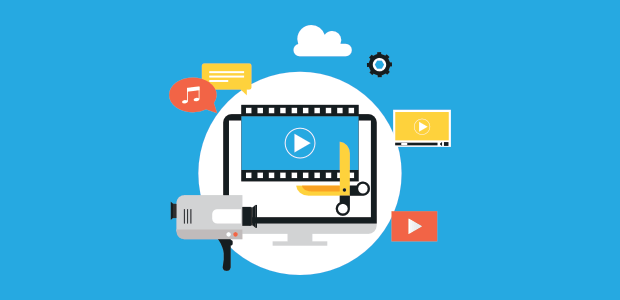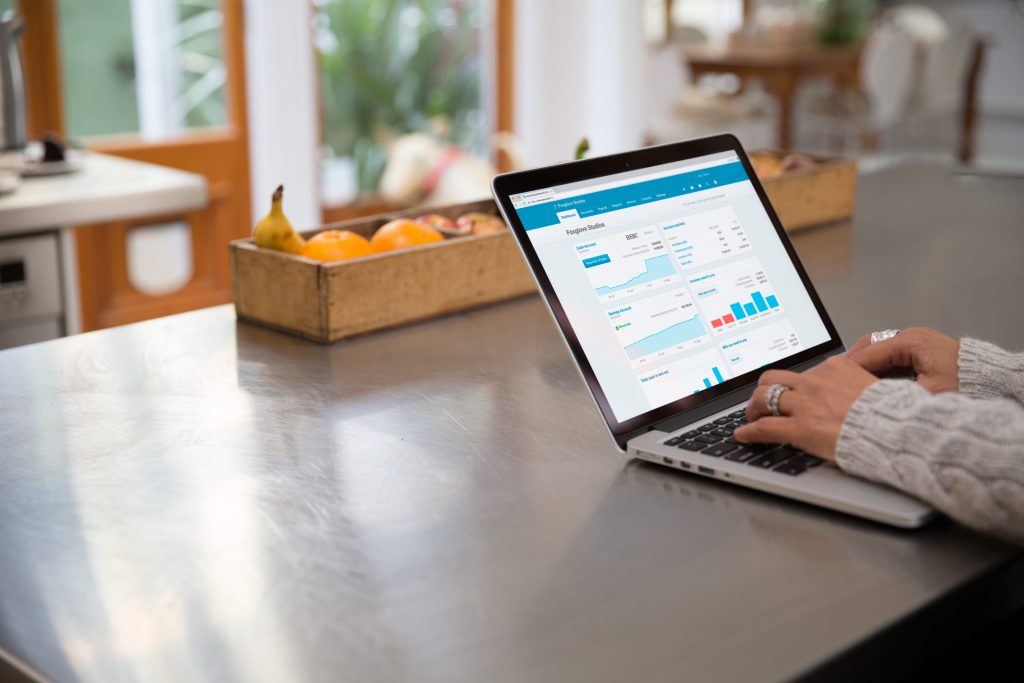With platforms such as YouTube and Twitch gaining more and more popularity, the content creators moving these sites into the mainstream media are reaping the financial gains as their brand begins to grow. However, where earnings rise the tax liabilities tend to follow and without proper planning and financial management, creators will be paying an unnecessary price for their success. Each individual person’s tax and financial affairs are completely unique, but hopefully with these few common tips you can make your channel more tax efficient and keep a larger amount of your earnings in your pocket.
1. What to think about when setting up a limited company?
It is more than likely that every content creator started life recording their earnings as a self-employment. This can be a straightforward way of recording the income and requires very little in terms of initial set up and for channels generating low levels of profit this continues to be a favourable operating method. Issues arise when profits start to increase and the channel becomes more successful. Self-employment income is taxed in a similar way to employment income with class 2 and class 4 national insurance replacing the class 1 you would be used to paying in employment.
This is where the benefits of operating a limited company come in. No matter what the level of taxable profit, the company will only ever have to pay corporation tax at 19% rather than the variable tax bands that you find in self-employment. It is worth noting that you will have more tax to pay on the amount that you draw but anything left in the company will only be taxed at the corporation tax rate, currently at 19%. Operating as a company also allows you to trade as a separate entity to your own personal affairs which provides limited liability that so many people appreciate to protect their personal assets.
2. What business expenses can I record?
One of the most common questions we receive as accountants particularly from new businesses is “can we use this against our tax bill?”. As a general rule of thumb, any expenses which relate wholly and exclusively for business purposes can be utilised against business profits. This can range from items such as props used in videos, to the camera and audio equipment used to record the content itself. If you are ever not sure about whether you can utilise an expense or not, it is always worth checking with your accountant.
3. How do I claim household costs?
Many content creators begin their life making videos or music from the comfort of their own home and even as the brand develops and viewers rise a lot of people still find they operate best from a home studio rather than renting an office space. If you do choose to work from home, you can claim a certain percentage of your household costs in relation to the usage of your own residence for business purposes. Keep a track of your rent and utility costs in total throughout the year and then discuss the matter with your financial advisor when it comes to preparing the year end accounts, you may be able to claim more than you think!
4. Why should I track my travel?
When attending events or generally travelling to record content there are a lot of the travel expenses you will incur that you can utilise against your taxable profit. Always keep a record of your travel costs including business lunches and dinners and a mileage log for times when you complete business trips in your own personal vehicle.
5. Which funds can I extract?
Another common question that accountants regularly receive is “how can I take money out of the business?”. If you choose to operate as self-employed there is no issue as the profits earned are deemed to be owned by you and not a separate entity. If you operate a limited company however things are a little bit more tricky.
As a director of the company you will have the ability to set up a salary for yourself through the company, this will operate in the same way as any previous employment you’ve had before and the cost of your wages can be offset against your profits as well. If there are profits available, you will also be able to draw money as dividends which are taxed more efficiently on your personal tax return than a salary. Be careful with dividends, you can only vote these from business profits.
6. How do I claim on my mobile phone usage?
Everyone has a mobile phone nowadays and it is likely that at some point in time you have taken business calls on your personal mobile. If you operate as self-employed, you can claim a business usage percentage of total mobile costs against your taxable profit. For limited companies, you are able to buy mobile phones in the company’s name and provide this to directors and members of staff with no benefit in kind being charged (as long as it is only one phone provided per person). This not only means that you can offset all of the telephone costs associated with this against business profits but will also allow you to keep work and private phones separate meaning no unannounced calls from customers ruining your holiday!
7. How do I go about operating a payroll and maintaining staff?
If your business is at a point where you are starting to employ staff such as editors or camera operators you need to make sure that you operate correctly in terms of your employment obligations on payroll filing. It always pays to have a competent payroll provider who should be able to handle the bulk of the filing and reporting requirements but you should always make sure that the information held is up to date and that you are making the correct payments for any tax liabilities or pension obligations.
8. Why do I need to make personal pension contributions?
If you are operating a limited company and want to both plan for the future and remunerate yourself without paying over the odds in tax, then payments into a personal pension scheme may be a beneficial choice. Payments made by a limited company into a scheme are deductible for tax purposes and also do not incur any tax or national insurance costs which a similar payment in salary would. The downside of this of course is that you cannot access this until pension age without incurring a charge but there is never a bad time to start saving for the future.
9. What is the importance of maintaining a good online accounting software?
Whether you choose to run the books yourself or employ a bookkeeper to keep track for you, there are great benefits to maintaining a good accounting software. This will allow you to view the company finances whenever you want, wherever you want as long as it is kept up to date. At Plus Accounting, we tend to promote Xero as our go to online software as this is both cost effective and completely online meaning that you can always have access to your finances when you are on the move. With additional features such as bank feeds directly linking your bank account to the Xero software it has never been easier to record your books.
10. Why and when should I go to my accountant?
This may seem like a simple and obvious point in comparison to some of the more technical pieces above but the biggest thing to remember when running your business is to use your accountant when you have questions about your finances. Here at Plus Accounting we are always available for a phone call or email if there is something that has happened which you are not sure about or there is a potential avenue you would like to explore for your business which you would like a second opinion on. Our primary goal is to help our clients in anyway we can, so if you have a question just ask!
Author: Sam Baldwin, Business Services Assistant Manager, Plus Accounting
Any views or opinions represented in this blog are personal, belong solely to the blog owner and do not represent those of Plus Accounting. All content provided on this blog is for informational purposes only. The owner of this blog makes no representations as to the accuracy or completeness of any information on this site or found by following any link on this site
Date published: 1 October 2020




/smarter-business-travel.png?width=800&height=400&mode=crop&Anchor=MiddleCenter)


